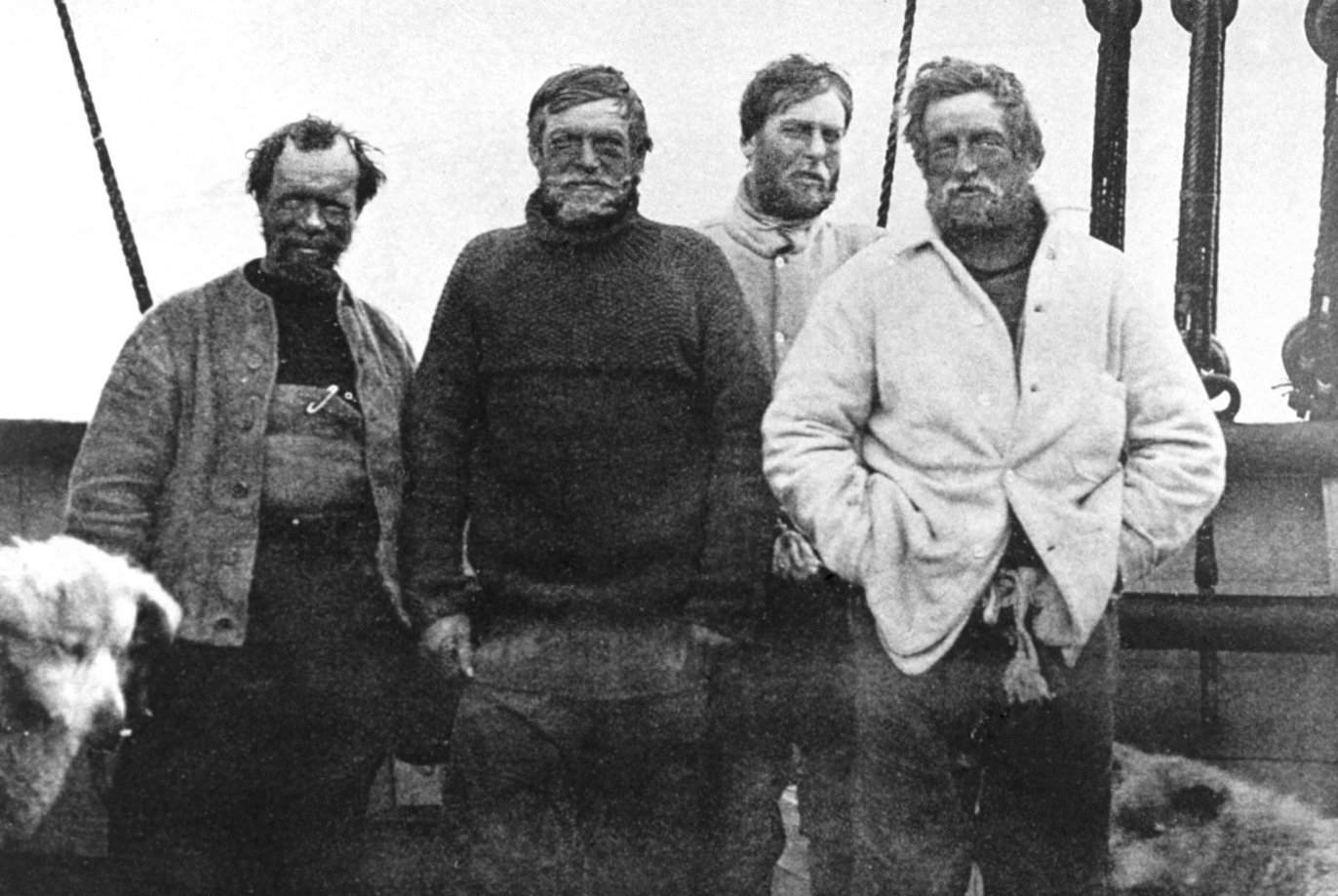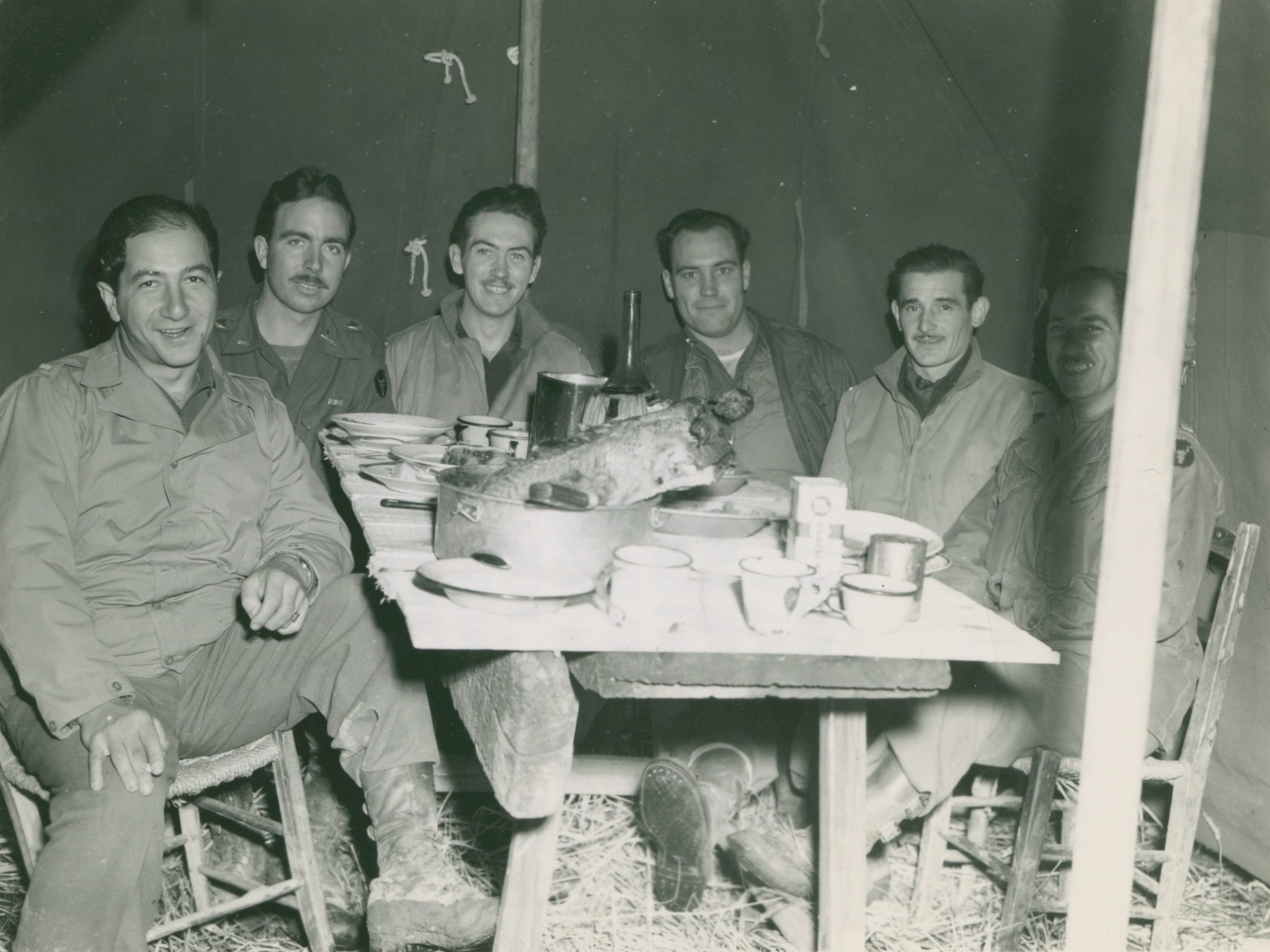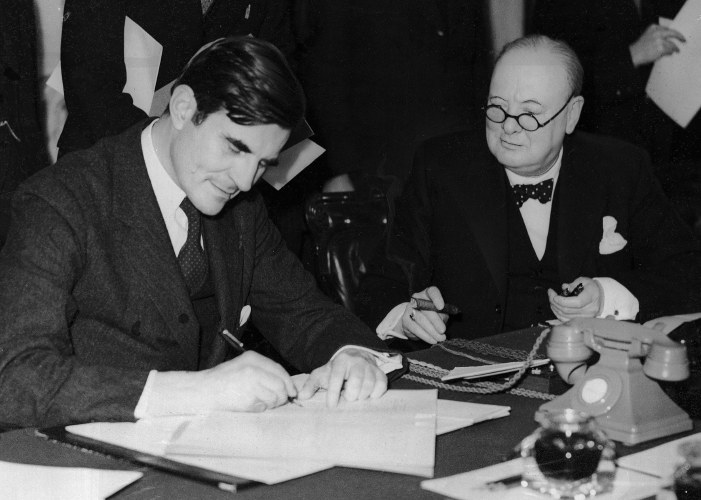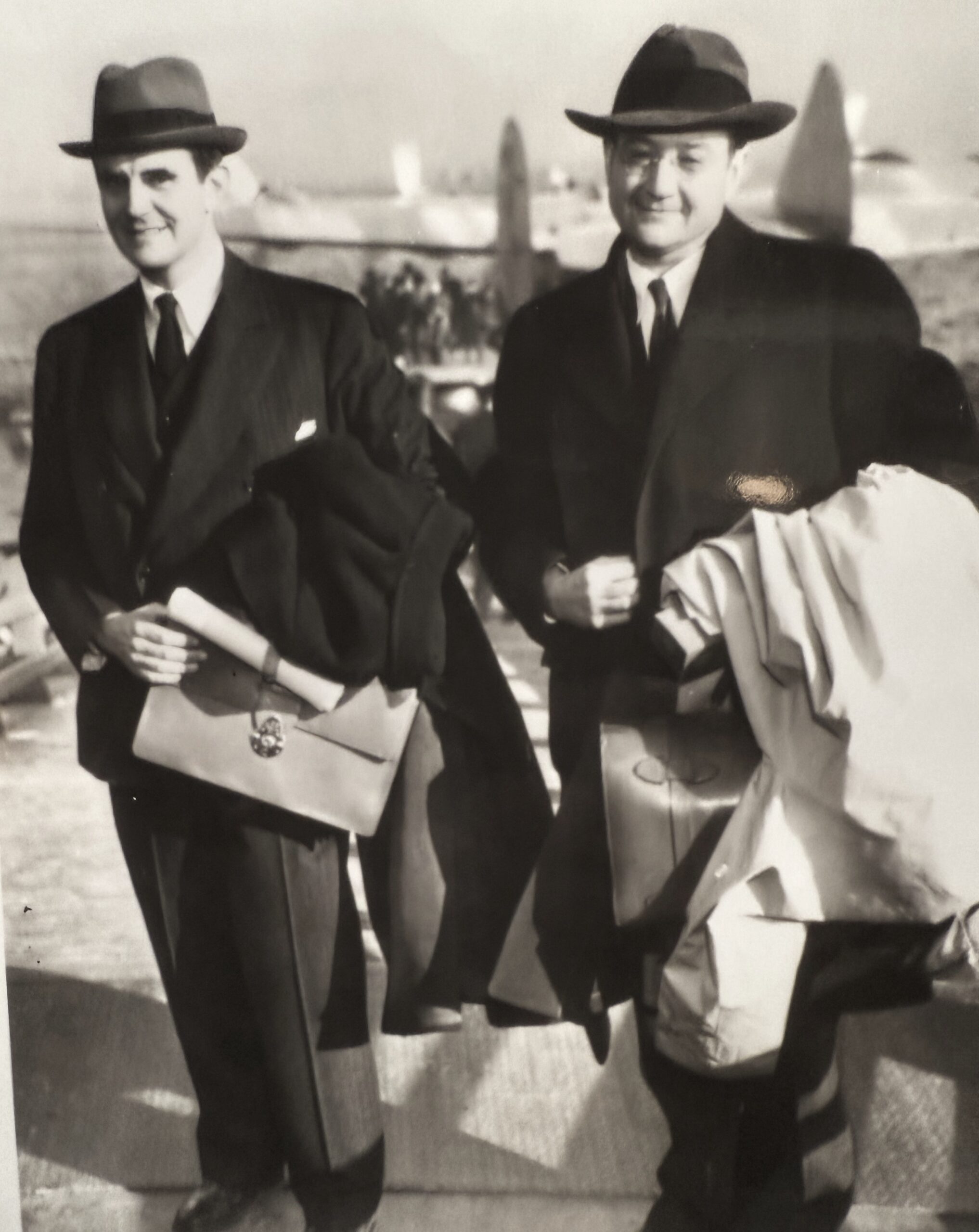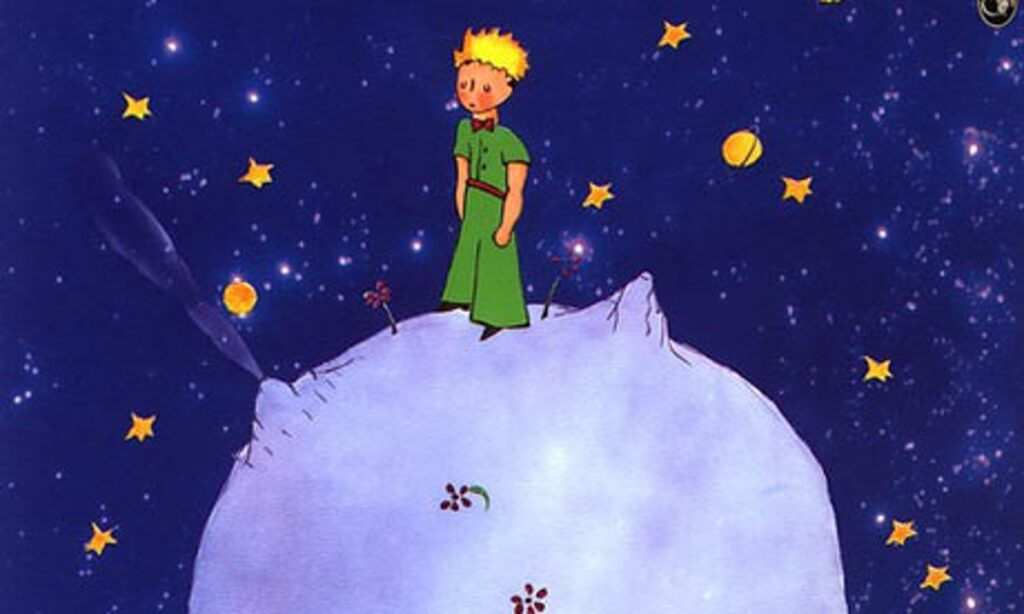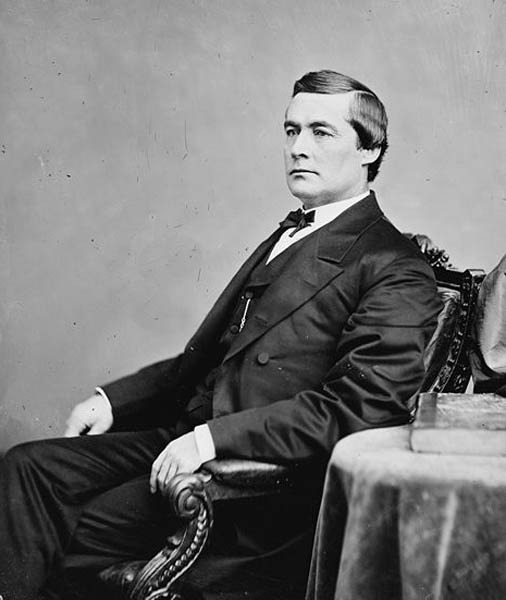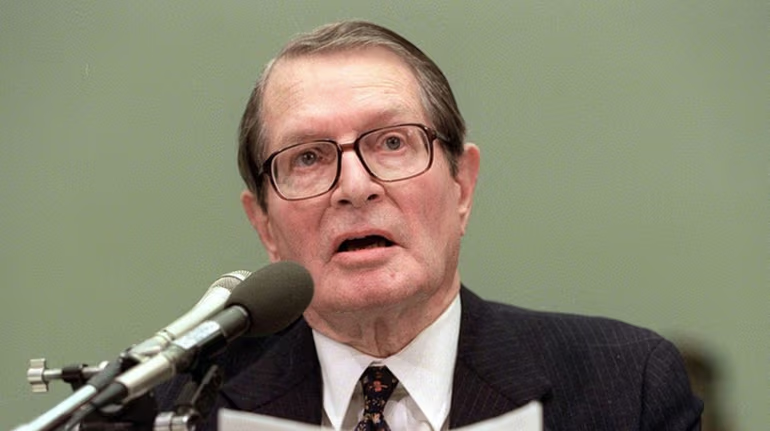Early in 1995 I was working for a motivational speaker who needed a talk on ethics.
I had just finished writing a magazine article on the creation of the Lone Ranger and, in the course of the article, revealed that the character had been created around a set of ethical values in order to teach young radio listeners the importance of good behavior.
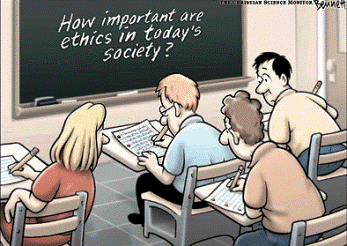
In creating the talk for the speaker I came up with a scenario in which the Lone Ranger and Tonto return the stolen payroll money but withhold money for expenses and a finder’s fee. The reaction from the audience was immediate. The Lone Ranger and Tonto would never do such a thing, even though, by today’s standards, both the expenses and fee might be legal.
Armed with the audience feedback, I decided to write, The Lone Ranger’s Code of the West – an action-packed adventure in values and ethics. However, before I began such a venture, I thought I should examine my subject more closely. So, I enrolled in The Josephson Institute of Ethics training program. I never realized how the class and teacher, Michael Josephson, would change my life.
According to a 1991 Time magazine profile, “Josephson began teaching ethics in 1976, when he was assigned a Watergate-inspired course on legal ethics. Later that year, he began to muse over the increasing distance between society’s emphasis on measures designed to prevent bad conduct and its incentives to promote good behavior.”
Sound familiar?
In March of 1995 I began as one of 27 individuals enlisted in the Institute’s Ethics Corps – a training program to learn, discuss and teach core, ethical values and a decision-making model developed by a group of professional educators. Teachers and experts from a variety of disciplines came together in Aspen Colorado to determine a set of universal ethical values to be taught to young and old alike. Josephson took their conclusions and developed a training program that would then be used to train trainers who would go out and teach others.
During class breaks, Michael would ask me what I intended to do with literally volumes of material that he was giving me. While I would explain about my book project, he would encourage me to look for additional opportunities to go out and share what I was learning. I would politely nod never realizinghow I would go about teaching others. My interest never extended beyond research for the book. I never thought about what would happen after that.
What happened after that turned into a career for the last 15 years!
Re-discovering my old file folder on the class, I was amazed at all the notes I had taken:
“Is” v. “Ought” Ethics – “is,” descriptive, not really ethics. Describes operational standards of behavior without reference to judgments of right and wrong.
“Ought” is prescriptive ethics concerned with discernment of and commitment to principles that establish “norms” of behavior applicable to every person.
“Ethics is not about the way things are. It’s about the way things ought to be.” – Michael Josephson.
Moral Duty – obligation to act or refrain from acting according to moral principles. Moral duties establish minimal standards of ethical conduct. Moral duties require us to be: honest, fair, responsible. They require us not to harm others or treat disrespectfully.
Moral Virtue – beyond moral duty, requires a higher level of moral excellence. Generosity, bravery are worthy of special admiration. Moral virtues are aspirational rather than mandatory. We ought to be charitable, temperate, humble and compassionate but it’s not unethical as long as we’re not violating other obligations.
The Golden Rule: cynics claim that G.R. doesn’t work in the real world. They suggest that to survive, one must “do unto others before they do unto you.” This becomes a self-fulfilling prophesy that breeds an anti-ethical “everyone for himself” credo. The reality is that many people do not live by the Golden Rule; they treat others unfairly and dishonestly. The challenge for the ethically committed individual is to do what is right in spite of, maybe even because of, the failure of others to do so.
Before finishing that first book, I spoke to a local church group to try out the material to see what would work; making any changes or corrections to the text. The results – there was so much engagement by the class that the speaker who sat in on the class booked my first talk before 400 teachers from the California Teachers Association. The positive comments from that talk led to another and another.
I never expected to speak to associations, corporations, and schools. It just worked out that way. And I have Michael Josephson to blame for that!
Thank you, Michael.
Comments
